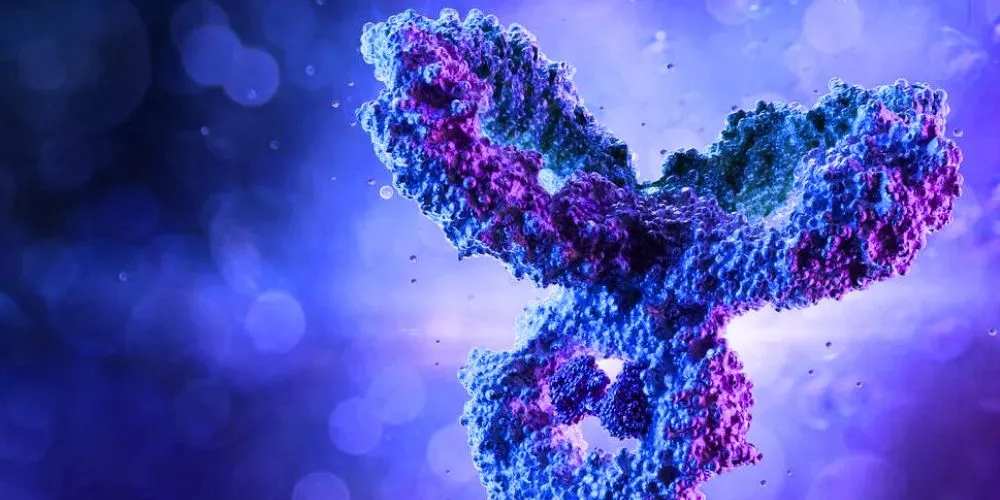The JPMorgan Healthcare Conference held in San Francisco spotlighted the growing interest and enthusiasm within the biotech and pharmaceutical industry for antibody-drug conjugates (ADCs), a class of cancer drugs demonstrating significant promise. ADCs deliver targeted cancer-killing therapies, minimizing damage to healthy cells, a marked improvement over less selective standard chemotherapy.
The recent acquisition move by Johnson & Johnson, securing ADC-developer Ambrx Biopharma for $2 billion, underscored the industry’s commitment to ADCs. Other major players, such as Pfizer and Merck, who were involved in over 70 ADC-related deals in the past year, also signaled that ADCs would be pivotal for their future growth strategies.
The positive sentiment around antibody-drug conjugates is expected to persist in 2024, with analysts predicting increased dealmaking and advancements in ADCs currently under development. Factors contributing to this surge include heightened confidence in ADC technology, potential longer market exclusivity, and the emergence of attractive ADCs from Asian drugmakers.
Estimates from drug market research firm Evaluate suggest that antibody-drug conjugates could represent $31 billion of the $375 billion worldwide cancer market by 2028, with the market value reaching around $9.7 billion in 2023.
Despite ADCs not being a new concept, recent years have seen a surge in dealmaking, signifying a multi-decade innovation cycle. Advances in antibody-drug conjugate technology have led to developing safer and more effective iterations, boosting industry confidence and encouraging increased investments. Notable successes include AstraZeneca and Daiichi Sankyo’s Enhertu, a next-generation ADC with broader treatment capabilities.
International players, particularly from Japan and China, are making significant strides in ADC development, introducing drug innovations and improvements. U.S. and U.K.-based companies are actively engaging in licensing agreements with these international counterparts to tap into the growing ADC market.
Antibody-drug conjugates have drawbacks, such as potential tumor resistance over time, and not all developments are successful, as seen in Sanofi’s recent discontinuation of an experimental ADC.
Drugmakers like Merck and Pfizer strategically invest in ADCs to drive future growth. Merck, projecting $20 billion in new cancer drug sales by the early to mid-2030s, has high expectations from its licensing agreement with Daiichi Sankyo. Pfizer, aiming for a turnaround after a challenging 2023, sees ADCs as a hot area in oncology, with the Seagen acquisition positioning it as a leader in cancer treatment.
The growing momentum and investment in antibody-drug conjugates reflect a transformative phase in cancer treatment, with companies vying to establish themselves as key players in this rapidly evolving landscape.





